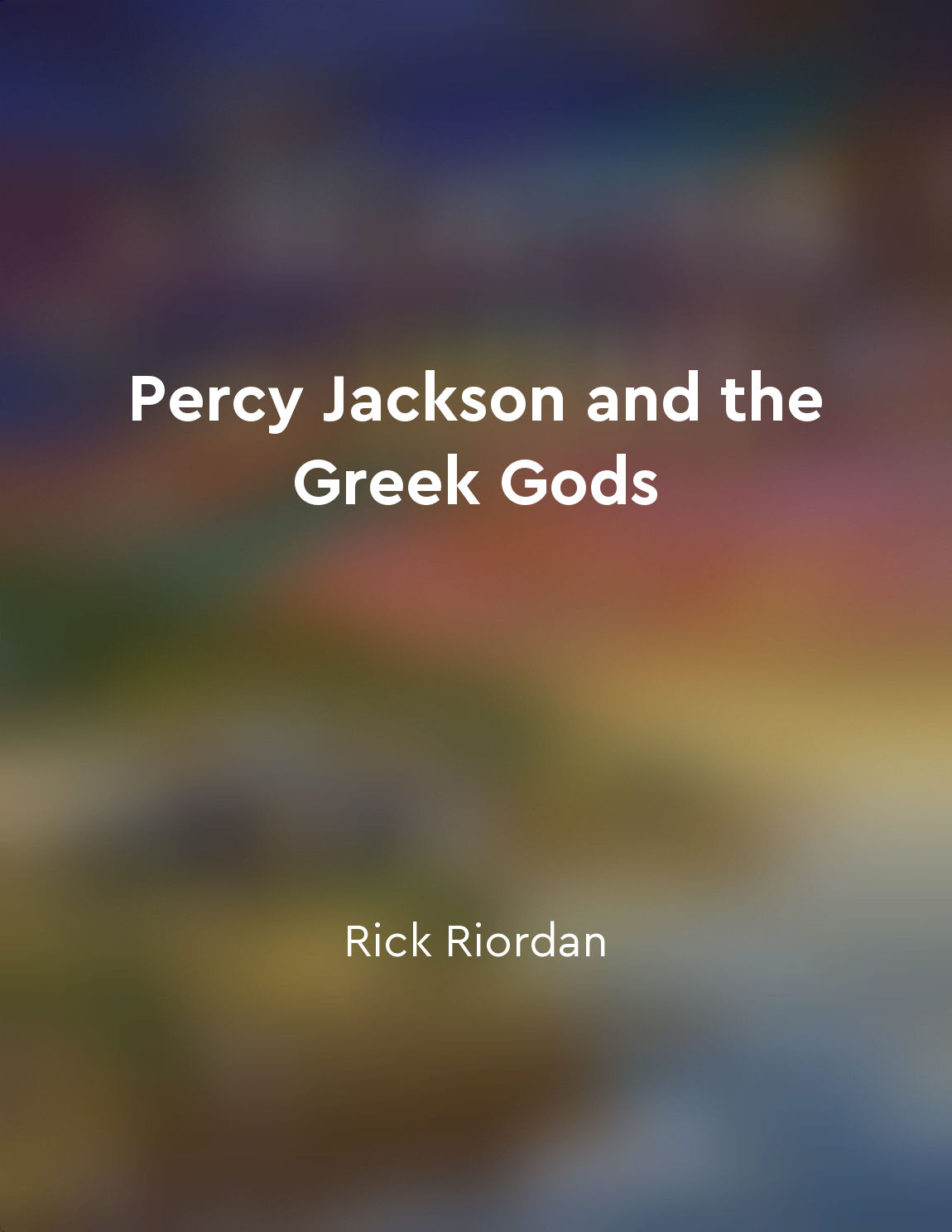Hestia is the goddess of the hearth from "summary" of Percy Jackson and the Greek Gods by Rick Riordan
Hestia is often overlooked among the Olympian gods, but her importance cannot be understated. She is the goddess of the hearth, the sacred fire that burns in every home in ancient Greece. The hearth was the center of the household, where families gathered to eat, talk, and seek warmth. Hestia's presence in the hearth symbolized unity and protection for the family. Hestia was known for her peaceful and gentle nature, and she played a vital role in maintaining harmony among the gods. She was the firstborn of the Titans Cronus and Rhea, and when Zeus became king of the gods, she willingly gave up her seat on Mount Olympus to Dionysus. This act of selflessness demonstrated her commitment to the well-being of her family and the greater good. Despite her humble and unassuming nature, Hestia was highly revered by the ancient Greeks. They believed that she brought blessings of prosperity and fertility to their homes, and they made offerings to her before every meal to ensure her favor. Hestia's sacred fire was never allowed to go out, as it was believed that her presence protected the household from harm. In Greek mythology, Hestia was also associated with the concept of hospitality. She was the goddess of the hearth not only in the home but also in public spaces such as temples and community gathering places. Hospitality was a sacred duty in ancient Greece, and those who violated the laws of hospitality were punished by the gods. Hestia's presence in these public spaces helped to ensure that visitors were treated with respect and kindness.- Hestia's role as the goddess of the hearth was central to the well-being of both the gods and mortals in ancient Greece. Her peaceful and nurturing presence brought harmony and protection to the household, while her association with hospitality promoted unity and kindness in the community. Despite her quiet nature, Hestia's influence was profound and far-reaching in the world of Greek mythology.
Similar Posts

Hades rules the underworld
In the ancient Greek world, Hades was the god of the underworld, a realm where the souls of the dead resided. Unlike his brothe...
The hero's journey as a test of character
The hero's journey is not an easy path, but a test of character, a trial of strength and courage. The challenges that the hero ...

